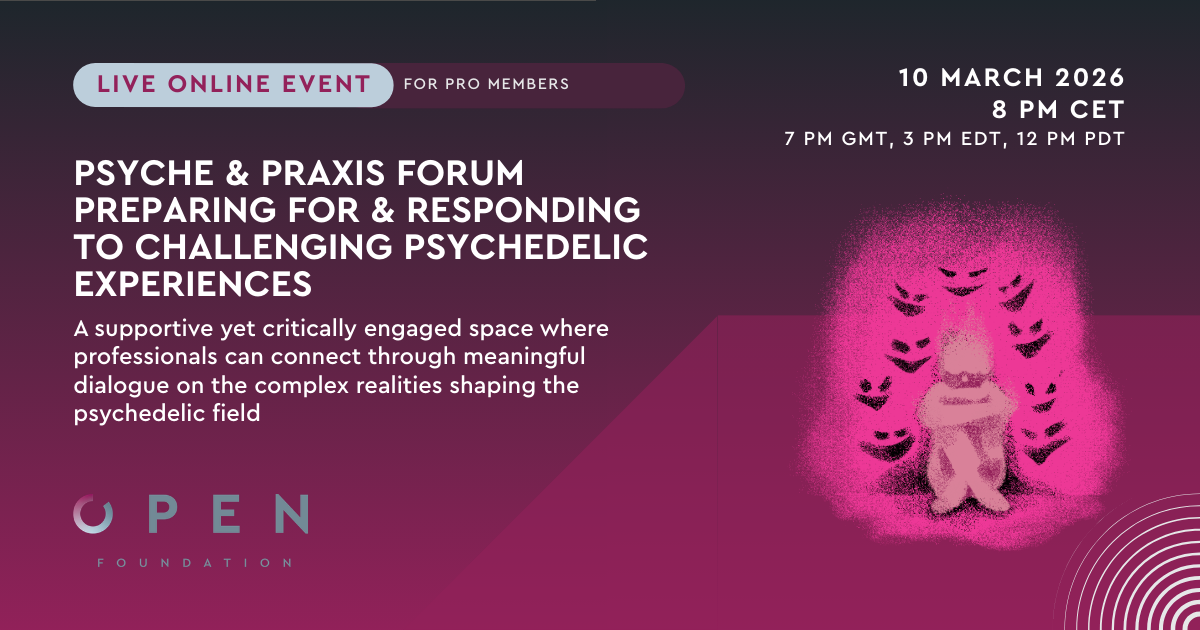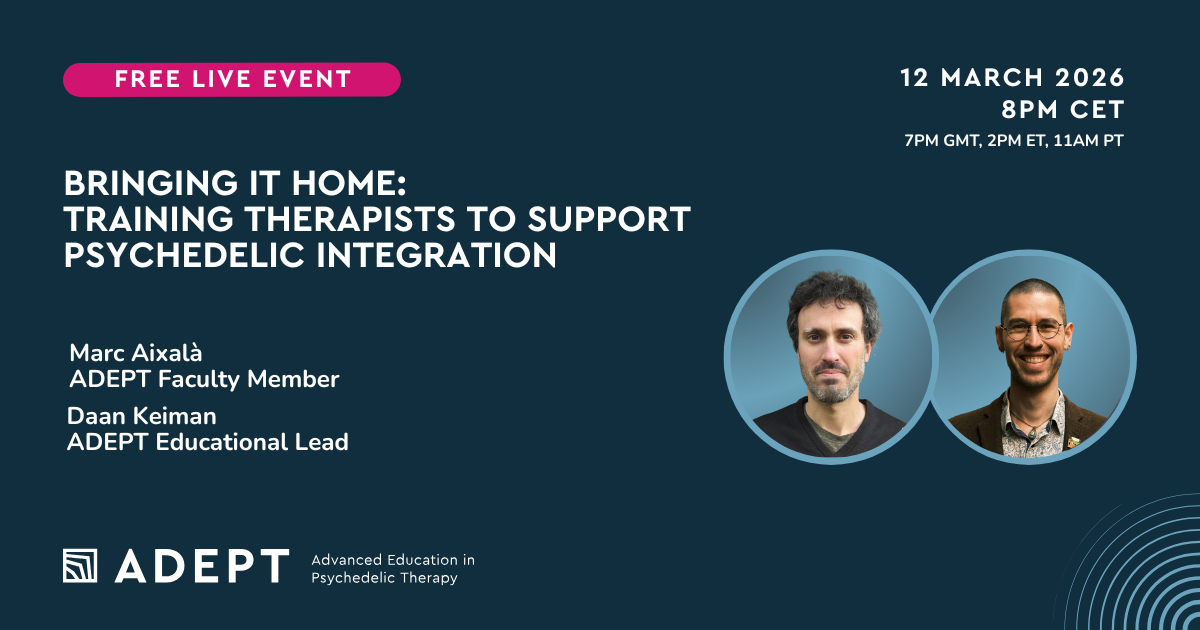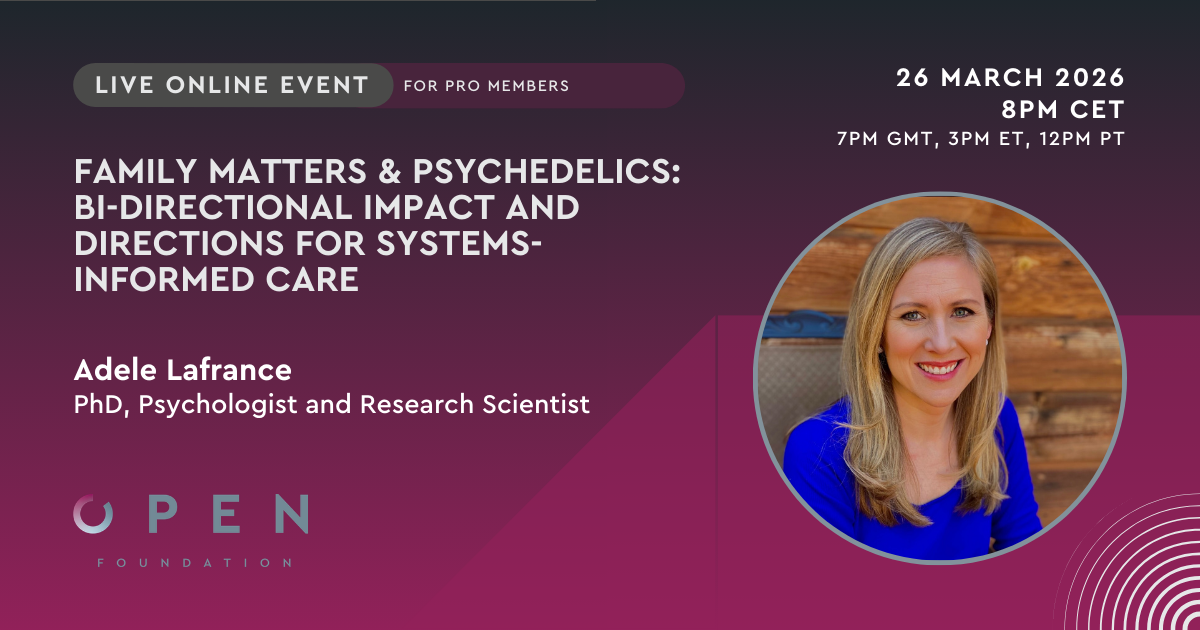Abstract
Ayahuasca is an entheogenic decoction prepared from two Amazonian plants containing controlled substances, including dimethyltryptamine. Traditionally drunk ritually (and revered as a healing “plant teacher”) by Amazonian indigenous and mestizo peoples, in the 20th century ayahuasca became a sacrament for several new Brazilian religions. One of these, the Santo Daime, has expanded into Canada, where in 2001 a Montreal-based chapter applied for a federal legal exemption to allow drinking of the brew in its rituals. This dissertation undertakes a critical policy analysis of Health Canada’s decision on the Santo Daime request, using government documents obtained through an Access to Information request as data. My goals are to illustrate how modern stereotypes about “drugs” and “drug abuse” in dominant public and political discourses may hinder well-informed policy decision making about ayahuasca, and to consider how entheogenic practices such as ayahuasca drinking are traditional indigenous ways of knowing that should be valued, rather than reflexively demonized and criminalized. My research method is a critical discourse analysis approach to policy analysis, an eclectic means of demonstrating how language contributes to conceptual frames and political responses to public policy issues. I combine insights from recent research on language, discourse and public policy to show how ayahuasca has become an unexpected policy conundrum for liberal democratic states attempting to balance competing interests of criminal justice, public health, and human rights such as religious freedom. I trace ayahuasca’s trajectory as a contemporary policy concern by sketching histories of psychoactive substance use, today’s international drug control regime, and the discursive foundations of its underlying drug war paradigm. Regarding Health Canada’s 2006 decision “in principle” to recommend exemption for the Daime brew, I critique how the government defined ayahuasca as a policy problem, what policy stakeholders it considered in its decision making, and what knowledge about ayahuasca it used. To conclude, I explore modern schooling’s systemic antipathy to wonder and awe, and propose that policy reforms allowing circumspect use of entheogens such as ayahuasca as cognitive tools may help stimulate re-enchantment and appreciation of the need to address human and planetary ecological predicaments of the 21st century.
Tupper, K. W. (2011). Ayahuasca, entheogenic education & public policy (Doctoral dissertation, University of British Columbia). 10.14288/1.0064622
Link to full text














